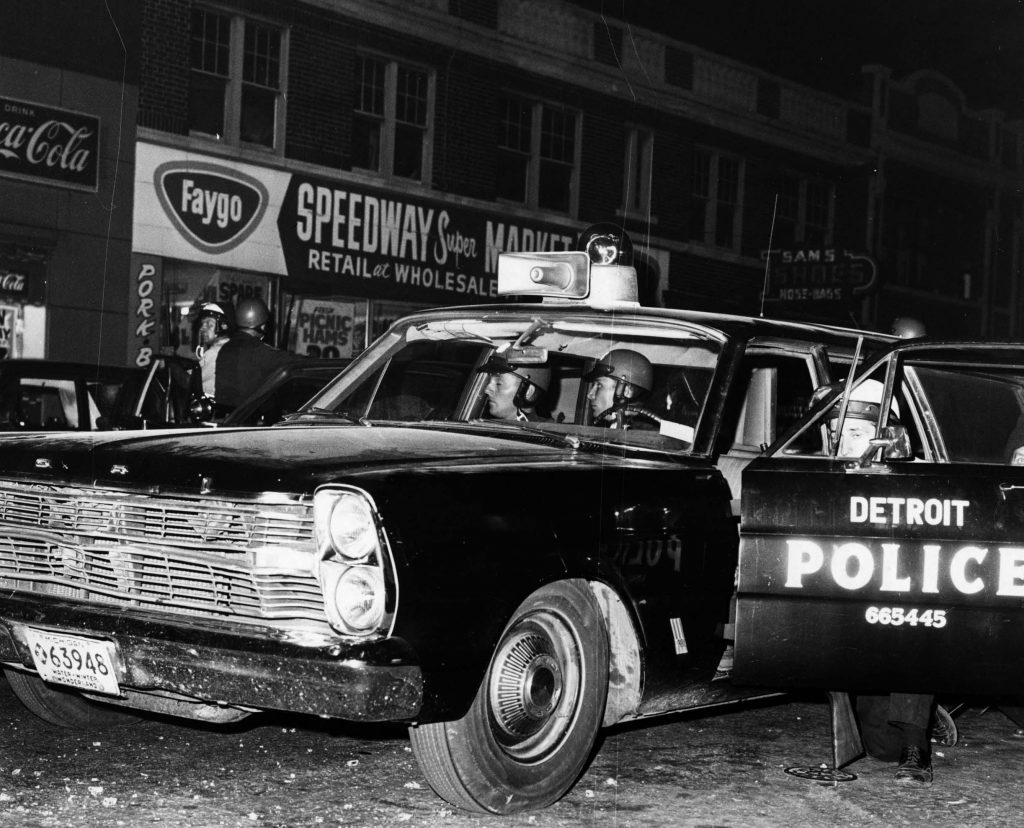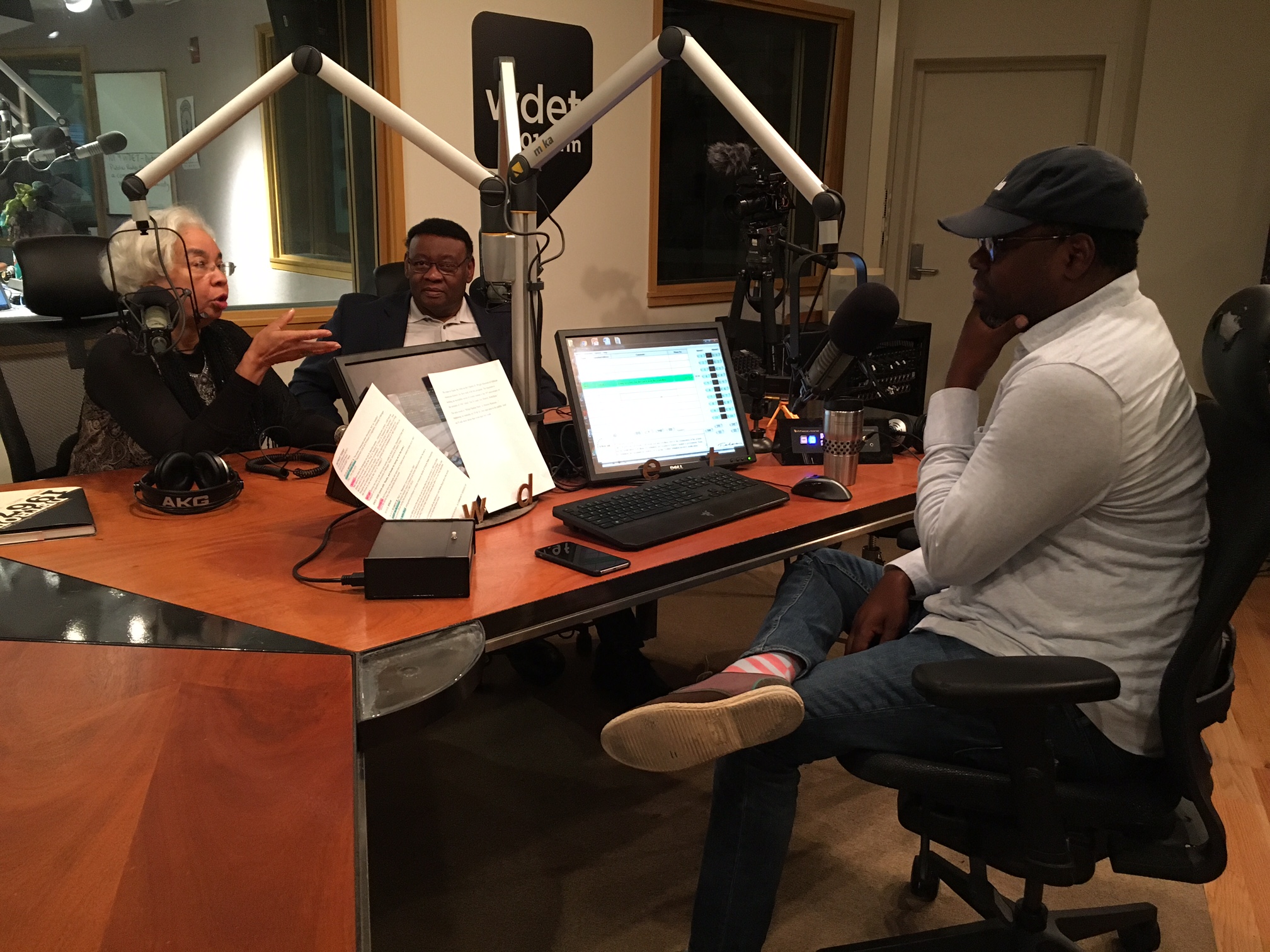‘Riot,’ ‘Rebellion,’ or Something Else? How Words Affect Our Perceptions of History
Do semantics add to or subtract from our understanding of what happened in Detroit in the summer of 1967?


How does the language we use to describe events, historical and current, craft how we feel about those events? Words like “thug” or “looting” or “chaos” or “massacre” or “terrorism,” how are these words used in the media and in everyday conversation? How much does it matter and affect our long-term memories? These words carry weight. But how significant is that weight as we shape our thoughts and beliefs about something like the uprising and civil disobedience of 1967 Detroit? Why do we choose to use words like “riot” or “rebellion”?
Robin Queen, department chair and professor of linguistics at the University of Michigan, joins Stephen Henderson on Detroit Today to discuss linguistics and the history behind words like “riot” and “rebellion.”
Queen says part of what makes words matter is the fact that we believe they matter. Many words have various meanings that come out as they are used.
“The word itself is not really the carrier of that power,” says Queen. “The power comes from us as people using… words with one another.”
When it comes to the words “riot” and “rebellion,” she says “riot” implies chaos, whereas “rebellion” implies there’s a message behind it.
The conversation continues with Ike McKinnon, retired deputy mayor of Detroit and former Detroit police chief, and Melba Boyd, distinguished professor of African American studies at Wayne State University.
“The idea of a riot indicates that you have black people just wildin’ out because they want to… be unruly and uncivil,” says Boyd. “That’s not the root cause of what instigated in particular that rebellion… That particular historical event was precipitated by… severe police repression of black people and people of color in the city of Detroit. So that makes it a rebellion.”
In addition to police brutality being an impetus leading up to the 1967 events, McKinnon talks about his training and response as an officer during that time.
“We were taught that any time there was this kind of behavior like this, it was a riot,” says McKinnon. “But… I know that most law enforcement people did not think about causes. I had witnessed as a young African American male in Detroit total brutality by law enforcement officers… to myself and my friends and there was no recourse for black people… and it was an eye opener for me to understand that police officers are not going to be fair about this.”
To hear the full conversation, click the audio player above.
